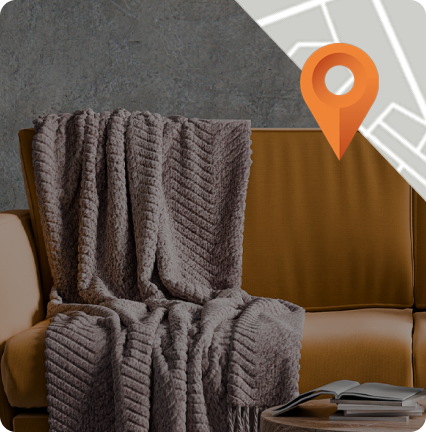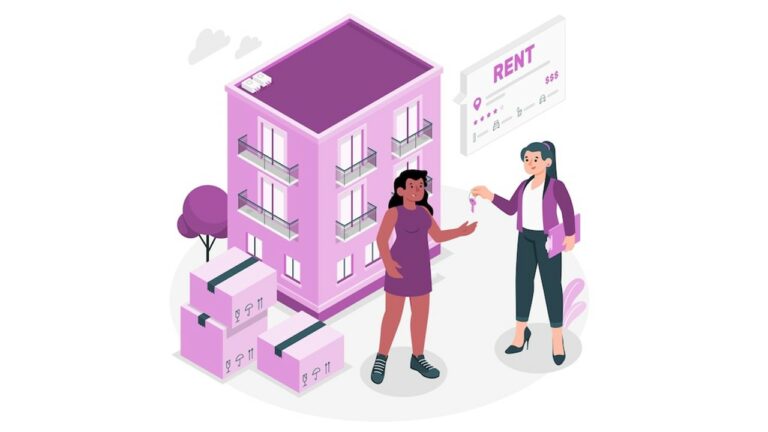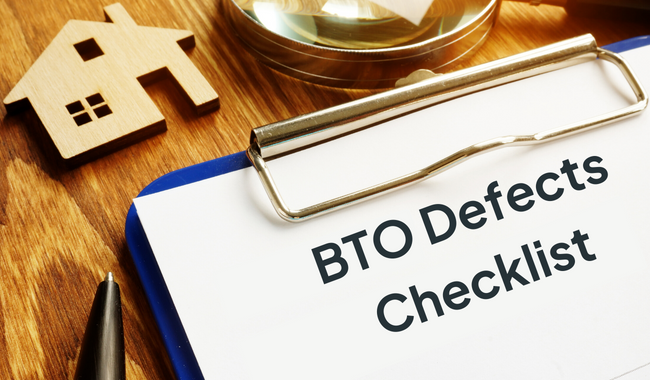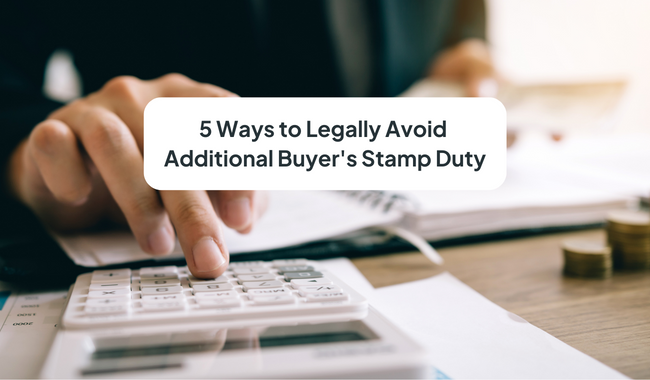Buying your dream home requires tons of research, and that includes understanding the loan options available to the process of financing the purchase. The most common question that many HDB home buyers find themselves asking is: HDB loan or bank loan?
But before we dive into that, let’s take a look at some of the common abbreviations that you will find in this home buying journey.
What are some of the home loan jargon?
| Term | Definition |
| 1. Loan-To-Value (LTV) | The amount of loan you can take from either bank or HDB. |
| 2. Housing Loan Eligibility (HLE) | It is a requirement by HDB for you to apply if you are intending to buy a new flat from HDB or a resale flat. It will tell you the loan value and various repayment terms if you were to take up an HDB loan. |
| 3. Approval In Principle (AIP) | A notice from the bank that she is willing to extend the loan to you if you wish to carry on with the purchase of a flat, of course, the bank will assess your credit history and financial health first. The bank will assess your income and credit records to determine your mortgage loan eligibility. It is recommended to obtain an AIP approval in order to make an informed decision prior to your property purchase. |
Still confused? Here are some useful reads to help you along:
- When Do You Need a HDB Loan Eligibility (HLE) Letter?
- Overview of Buyer’s Stamp Duty (BSD) and Additional BSD (Updated 2021)
HDB vs bank loan eligibility
| HDB Loan Eligibility | Bank Loan Eligibility |
| Citizenship: At least one buyer is a Singapore Citizen | Subjected to the bank’s credit approval |
| Household Status Have not previously taken two or more housing loans from HDB Have taken one housing loan from HDB and the last owned property is not a private residential property (local or overseas) such as:- HUDC flat- Property acquired by gift- Property inherited as a beneficiary under a will or as a result of the Intestate Succession Act- Property owned/ acquired/ disposed of through nominees | Mortgage Servicing Ratio (MSR) Refers to the portion of a borrower’s gross monthly income that goes towards repaying all property loans, including the loan being applied for cannot exceed 30% of a borrower’s gross monthly income for HDB flats and executive condominiums |
| Income Ceiling Average gross monthly household income does not exceed:- $14,000* for families- $21,000* for extended families- $7,000* for singles buying a 5-room or smaller resale flat or a 2-room new flat in a non-mature estate, under the Single Singapore Citizen (SSC) Scheme* For HLE letter applications and flat applications received before 11 September 2019, the income ceilings are $12,000 for families, $18,000 for extended families, and $6,000 for singles. HDB T&C applies | Calculating MSR When calculating MSR, we take into consideration: All the borrower’s property loans.At least 20% of the monthly debt obligation for any property loan where the borrower is a guarantor.To calculate a borrower’s MSR, use the following formula: (Monthly repayment instalments for all property loans / Gross Monthly Income) x 100% ≤ 30% |
| Ownership/ Interest in Property Must not own or have disposed of any private residential property in the 30 months before the date of application for an HDB Loan Eligibility (HLE) letter. A private residential property (local or overseas) will include:- Property acquired by gift- Property inherited as a beneficiary under a will or as a result of the Intestate Succession Act- Property owned/ acquired/ disposed of through nominees Do not own more than one market/ hawker stall or commercial/ industrial property If you own only one market/ hawker stall or commercial/ industrial property, you must be operating the business there, and have no other sources of income | – |
| Remaining Lease: HDB T&C applies | – |
What are the differences between a HDB loan and a bank loan?
| Factors | HDB Loan | Bank Loan |
| Downpayment | 15%- you can fully use CPF. Less capital intensive, lower down payment than a bank loan.Full use of CPF to pay for the down payment is allowed. | 25%- minimum 5% cash and next 20% can be from cash or CPF. Full use of CPF to pay for the down payment is not allowed. |
| Loan Amount | 85% of valuation price or purchase price, whichever is lower | 75% of valuation price or purchase price, whichever is lower |
| Interest Rate | 2.6%- pegged at 0.1% above the CPF interest rate, currently at 2.6% | 1. Fixed-Rate Rates are fixed for the agreed period initially and revert to floating thereafter based on the bank’s floating/board rate. Example: 2-Years Fixed 1.45% p.a. Year 3 and thereafter FHR6 + 1.60% p.a. 2. Floating Rate Most banks usually have 2 types of floating packages. They are either pegged to the bank’s floating/board rate or an interbank rate such as Sora/Sor/Sibor. Example (1): Floating/board rate Year 1 FHR6 + 0.80% p.a. Year 2 FHR6 + 0.90% p.a. Year 3 and thereafter FHR6 + 1.00% p.a. Example (2): Sora/Sor/Sibor-pegged Year 1 to Year 2 3M SORA + 0.80% p.a. Year 3 and thereafter 3M SORA + 1.00% p.a. |
| Repayment | Cash/ CPF | Cash/ CPF |
| Lock-in Period/ | No lock-in period, able to switch to bank loan anytime | Usually, 1-3 years depending on loan selected, there may also be a penalty during this period |
So, which loan option is better for you?
Cheapest Option
If rates are your primary concern and you are looking for the cheapest option, the bank’s floating package would be your best bet. As most banks offer different packages from floating/board rates to Sora/Sor/Sibor pegged home loans, usually most of them are lower than the bank’s fixed rates and HDB’s loan.
However, do note that bank loans will require a 10% higher downpayment upfront compared to HDB loans. These monies go toward paying off the principal of the property and does not form part of the financing cost.
In addition, floating home loans come in varying features such as lock-in period, rollover period, redemption period, clawback period, etc. We strongly recommend you read the fine print on the loan letter of offer before committing to a long term mortgage.
If you are one of those that is easily overwhelmed by lengthy paperwork or would like to seek third party assistance, Ohmyhome’s free mortgage advisory service team would be more than happy to assist you.
Middle Ground
The bank’s fixed-rate package is best described as a hybrid between the HDB loan and a floating home loan package. This is because the bank would fix the rates for the loan for the initial years. However, the rates would revert back to floating once the agreed fixed period is over.
Although it reverts back to floating rates, most banks would allow conversion to another home loan package if the lock-in period for the loan is over. This allows homeowners to convert back to a fixed package or another package of their choice with a fee.
Such packages offer homeowners the ability to fix their rates for a number of years and at the same time secure a competitive rate with a bank of their choice.
Risk-averse Option
Although HDB’s interest rate may vary if the CPF interest rate changes, but it has remained constant for many years. For more risk-averse homeowners, HDB offers the best security in comparison to a bank loan. However, the bank interest rate has remained relatively low in contrast to HDB loans and may continue for some time.
Want to secure the best loan package across all banks?
Call 6886 9009 and talk to our mortgage specialist.
Learn more about Ohmyhome’s free mortgage advisory service.
































































